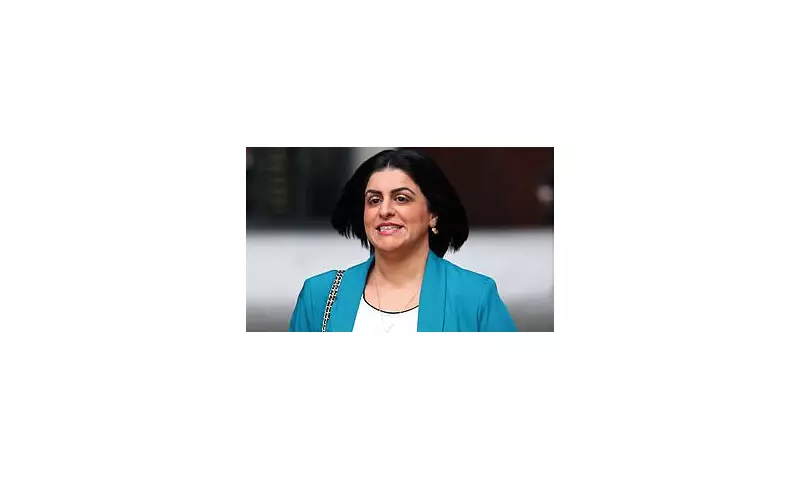
Home Secretary Shabana Mahmood is set to announce a radical new policy of imposing visa bans on countries that refuse to accept the return of their nationals who are illegal migrants or foreign criminals from Britain.
A 'Sliding Scale' of Sanctions
The measures will introduce a 'sliding scale' of penalties for uncooperative states. These sanctions will range from the removal of fast-track visa services to comprehensive bans on entry documents for everyone, from tourists to government officials.
The first countries to be formally threatened with these sanctions are Angola, Namibia, and the Democratic Republic of the Congo. Collectively, these nations have refused to take back more than 4,000 individuals deemed to be illegal migrants or foreign criminals. They will be given a one-month ultimatum to start cooperating on removals before the penalties are enforced.
Other nations that could potentially join this list include India, Pakistan, and Nigeria, signalling a broad and assertive approach from the government.
Sweeping Asylum System Overhaul
This move forms part of a wider package of sweeping reforms to the UK's asylum system, which the Home Office describes as the most significant change since the Second World War. Ms Mahmood stated that the scale of illegal immigration has 'destabilised communities' and that the public 'rightly expect that we can determine who enters this country, and who must leave.'
The reforms, inspired by policies in Denmark, include several key changes:
- Extending the path to settlement from 5 years to 20 years for those granted asylum.
- Introducing a review of every refugee's status every 30 months, with those whose home countries become safe facing return.
- Withdrawing guaranteed, unconditional financial assistance for asylum seekers, making support like housing and weekly allowances discretionary.
- Ending the automatic right for refugees to bring their families to the UK, instead requiring them to meet the same financial thresholds as skilled work visa holders.
Legal and Procedural Shifts
New legislation will attempt to force judges to prioritise public safety over the rights of illegal migrants and foreign criminals in deportation cases. This aims to address concerns over the use of human rights claims, specifically Article 8 of the ECHR, to 'game the system.'
Further measures will curb last-minute trafficking claims under modern slavery laws and restrict appeals to a single 'one-stop shop' within the immigration tribunal. The government also intends to discuss restrictions on Article 3 of the ECHR concerning 'inhuman and degrading treatment,' which has sometimes blocked deportations due to concerns about home country prisons.
To prevent adults from claiming to be children, facial age estimation technology will be deployed, described by the Home Office as 'highly effective' and quicker than medical scans.
In a parallel move, the government will create new, capped safe and legal routes for those genuinely fleeing persecution, alongside a community sponsorship scheme similar to the one used for Ukraine, in a bid to undermine people-smuggling gangs and reduce Channel crossings.





